- Home
Page 10
Page 10
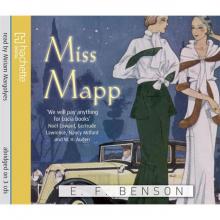 Miss Mapp
Miss Mapp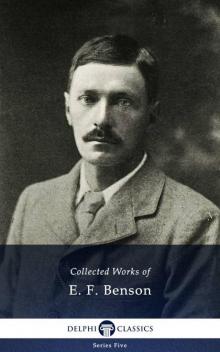 Works of E F Benson
Works of E F Benson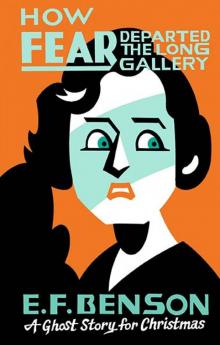 How Fear Departed the Long Gallery
How Fear Departed the Long Gallery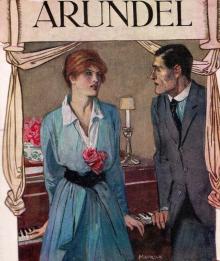 Dodo's Daughter: A Sequel to Dodo
Dodo's Daughter: A Sequel to Dodo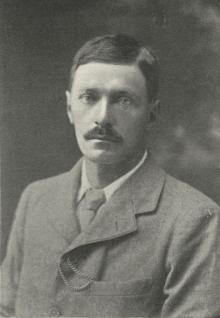 The House of Defence v. 1
The House of Defence v. 1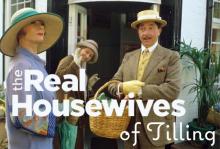 Queen Lucia
Queen Lucia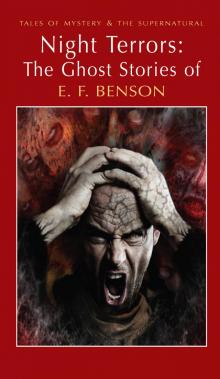 Night Terrors
Night Terrors Lucia Victrix
Lucia Victrix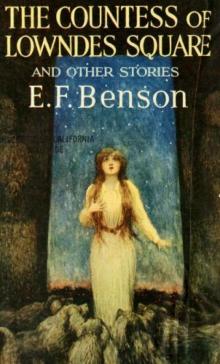 The Countess of Lowndes Square and Other Stories
The Countess of Lowndes Square and Other Stories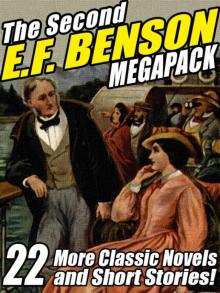 The Second E. F. Benson Megapack
The Second E. F. Benson Megapack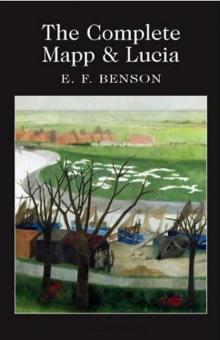 The Complete Mapp & Lucia
The Complete Mapp & Lucia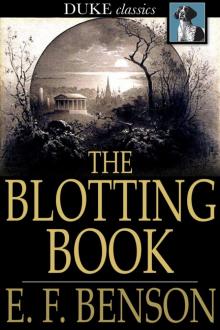 The Blotting Book
The Blotting Book The E. F. Benson Megapack
The E. F. Benson Megapack Lucia Rising
Lucia Rising Ghost Stories
Ghost Stories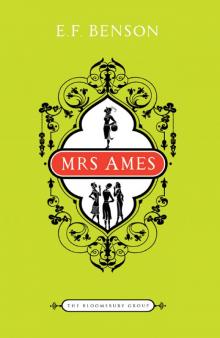 Mrs. Ames
Mrs. Ames E. F. Benson
E. F. Benson